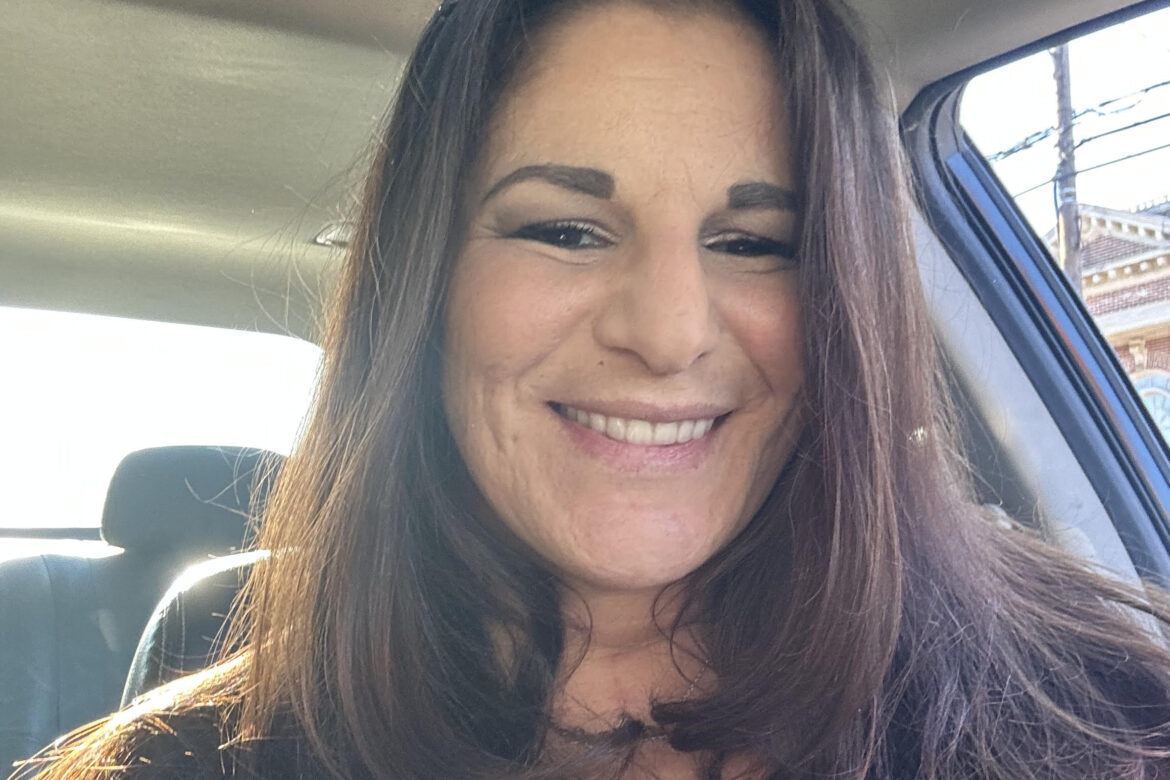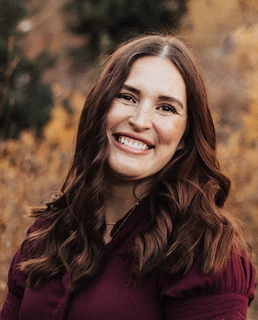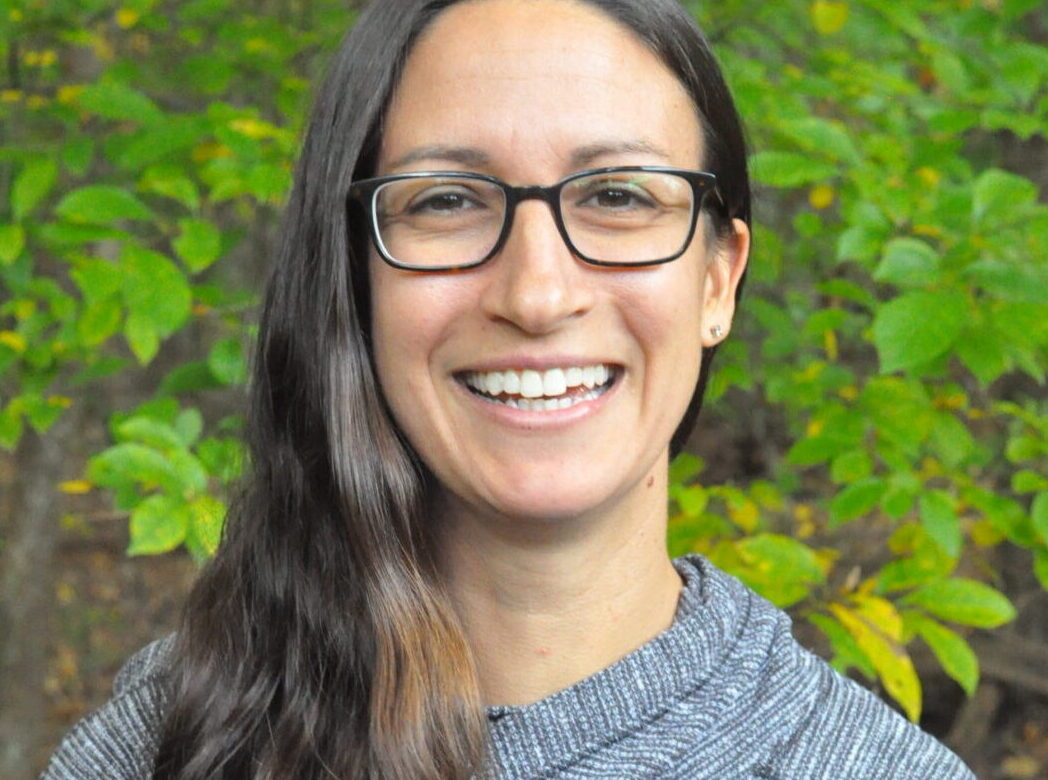- Tell us a bit about your job as an ABA THERAPIST.
As a veteran in the field of ABA therapy, I have found the duties expected in the position go far beyond just one-to-one instruction, rather the responsibilities that we as therapists take on include commitment, enthusiasm, and flexibility in all therapeutic services provided to not just the child but also the family members. On any given day, I will work with at least one to four clients in a varied set of contexts and environments. The science behind applied behavior analysis is quite detailed and complex yet logical and understandable. And as a behavioral therapist working in both the home and school constructs, the responsibilities that I take on and the guidance that I provide are different in all instances dependent on the very specific needs of the client and family. For example, when working in a school setting with a child, depending on their level of functionality, my job might include a very specific set of tasks. While working with clients in the school setting, confidentiality and treatment interventions should not be broadcast amongst the class members but only shared with the special education department/teacher, classroom aids, and the child study team personnel.
In some instances, such as with a lower-functioning child who was nonverbal for instance, my job responsibilities may include being a shadow. Where my efforts are to help the child engage in the environment by promoting and modeling appropriate behaviors and social skills. While working in a classroom because of the difference in the circumstances, there is a different set of challenges. The understanding that the shadow is responsible for may also include performing de-escalation techniques while maintaining the goal of helping the child to integrate into classroom activities and interpersonal skills with both peers and adults present.
To me being an ABA therapist provides rewarding outcomes that have special meaning within the lives of both me and my clients, ultimately having a profound effect on the levels of understanding and commitment needed for ABA practices to be effective. While working in the home environment, these responsibilities carry over on a smaller scale and with the added guidance, reassurance, and expectations of the family. While I enjoy the classroom, I prefer the home environment because teaching and support are desperately needed, especially for individuals who know little about autism and even less about ABA therapy. Helping family members learn about ASD and various therapeutic practices will also be an avenue toward the generalization of skills learned thus having a tremendous impact on the overall functioning of both children specifically as well as the family unit’s level of functioning overall.
Our efforts toward family involvement with their child’s therapeutic needs allow the efforts of the family to be constructive and effective in treating children along the spectrum. It is the interactions and therapeutic understanding of ABA therapy that prompt our efforts to continually learn and gain an even deeper level of understanding of the complexities associated with developmental disabilities, and the overall impact it has on the family’s interactions. It is These practices that continually help us build and nurture the pursuit of personal and professional goals and development to ensure we are consistently understanding, patient, and compassionate in all daily interactions with the families and children we serve.
Generally, when beginning a new case with a new family who has not had the opportunity to learn, or implement ABA therapeutic services, we must first help them to understand the concepts and offer them as much knowledge and insight as we can regarding the theoretical orientation, expectations, basic principles, and assumptions while working diligently to build rapport with not only the child but also the family members. In many instances over the 30 years, I have been an ABA therapist, I have found that when a family is new to a diagnosis, there is a sense of instability and uncertainty that comes with the complex and multifaceted factors associated with a developmental delay. Therefore, it is our job to provide and implement psychoeducation interventions while providing a nurturing and non-judgmental environment for both children and for parents to exercise their abilities moving forward.
- What drove you to the ABA Therapist profession?
I started working at a daycare early on in high school. While I knew I wanted to work with children as a career choice, it wasn’t until after most of my college degree that I determined that special Ed would be the route I would like to pursue. This realization came to me well working in a traditional education setting and being the go-to teacher for all the children with “behavioral issues”. Instead of avoiding or ignoring these issues, it is within my nature to understand their issues as well as provide insight and consistency in my attempts to treat them. When I began in this field over 28 years ago, only intensive training and certification in ABA therapy were needed in order to perform and implement ABA strategies and interventions. A portion of this certification and training included shadowing and one-to-one training with BCBA for 18 months. At the end of my time as an apprentice, and support staff for other therapists, I had gained the confidence and determination needed to operate independently as a professional within the field. It is only now after years of service that I am pursuing a master’s so that I can expand and supplement my skill set and expand my knowledge base while in route to become an LPC in Mental Health Counseling.
- How do you balance your career and family?
Balance is tricky for most of us, especially for the professionals who have chosen to be part of the caretaking field. Now as a professional in the field of ABA practices, I have done my best to provide guidance, support, and structure to the families I serve. While Compassionate care and patience are second nature to me, most of my skill set and ability to provide comprehensive care is founded within my time practicing ABA in the field, conducting extensive research, maintaining academic success, and consulting with my colleagues, teachers, supervisors and BCBA’s I have had the pleasure of working with. Also, as a behavioral therapist, I have learned the importance of maintaining a level of self-care at the forefront of my responsibilities to avoid burnout. I think I have finally learned how to balance my responsibilities as a therapist, wife, mother, and student to avoid the risk of burnout, so the short answer is self-care. Regardless of the caseload, scheduling, or overwhelming needs of the family, burnout is inevitable when in the field without practicing any form of self-love and care.
Although I am optimistic and excited about both current and future endeavors, I am also very aware that without maintenance on my own mental health, I will not be able to be the best therapist that I can be for the families that I serve. Therefore, I have developed a common practice of a daily lunch break that I make myself take each day. So, even if I am on the computer all morning with schoolwork and with clients all afternoon and evening, I will force myself to take that 20-minute break in order to help regroup and refresh my efforts in understanding and attending to both personal and professional endeavors.
- How has Golden Care helped you in your career development?
Before becoming a contractor for Golden Care Therapy, I was responsible for recruiting my own clients, creating, and implementing treatment plans, as well as hiring and training support staff. This was accomplished alone with very little support or insight from other experienced members of my field. While I was efficient in this process, I am much more confident, calm, and frankly less lonely, knowing that GCT is in my corner. Since I started working for the company several years ago, I have made it a mission to stay in touch and informed with my supervisors and family members in order to ensure a continuum of care, personalized interventions, and collaborative effort in therapeutic affairs and intervention strategies provided.
- What advice do you have for prospective Golden Care candidates?
Practice patience and remain flexible… I say this because of the various challenges faced when working for more than one company as a contractor, visiting various homes, and pursuing academic studies all the while trying to coordinate the perfect schedule can be overwhelming! If we as therapists are closed-minded, and ridged in our efforts to help clients we are len less likely to make substantial progress. The majority of my career thus far has been grounded in my ability to be flexible, patient, and understanding while trying to accommodate each family’s specific emotional and instructional needs.
Another philosophy that I hold dear is grounded in the idea that every day is a learning experience. By that, I mean although I have experience working as a therapist, I remain humble, cooperative, and inspired by the BCBA and the companies I partner with. This has helped me to become more aware and knowledgeable as a professional While operating under the assumption that no two children are alike, and every family has their own cultural and personal experiences that can and will affect their level of commitment and ability to prioritize a consistent schedule. These factors help family members learn techniques and gain an understanding of the therapeutic efforts we provide. All the while we collectively need to be understanding, flexible, and teachable in our efforts to provide treatment and work around the inconsistencies found in everyday life.
Now consider for a moment that I was to presume I was an expert and think I have no need to expand my skill set, both I and my family would be at a disadvantage because I would not be able to operate to my fullest potential if I’m not able to listen, learn and collaborate with both supervisors and family members. As a student of life, I am aware of and appreciate the experience and expertise of the team members I work with. Also noteworthy is that while I presently contract work for three separate companies, the BCBAs and office staff I have with GCT have not only been inspirational in my efforts and practice as a therapist but also have served as a support system where I too can find comfort and solace in the team effort that takes place when coordinating services for with GCT and numerous families.
- What do you find the most challenging in your work as an ABA Therapist?
Scheduling! To date, managing all the various personalities and responsibilities of each child and their family can be a challenge at times when trying to create and maintain a consistent and stable work schedule. This is even more compounded by the fact that most of the children we serve spend most of their day in school leaving only the early afternoon hours for ABA therapy at home. So, while there have been times that I would have loved to work more morning hours I am aware that outside of clients receiving early intervention morning and early morning hours are highly unlikely instead, the families need me to come and provide services within the 3:00 – 10:00 PM time frame in order to accommodate the child’s school schedule and parent work schedule.
It is because of the high demand for afternoon hours that I have been pursuing my master’s degree in family counseling online and completing most of my studies and assignments in the morning hours so I can see clients during that afternoon timeframe. While situations may arise and changes may have to be made, I have found that as long as I am open, honest, and flexible with my families and the companies I work for I will be able to provide a high level of professionalism and support amidst the uncertainty and confusion in the various phases of treatment for children with ASD.
- What drew you to Golden Care originally? And how has Golden Care changed since?
I began contract work for various companies about four years ago, however, I feel as though my level of commitment and professionalism have been strengthened because of the culture within the GCT organization. The support, and guidance that I receive from GCT staff Have helped me to coordinate a realistic schedule where I can commit and follow through with all my responsibilities in the Professional, academic, and private sectors of life. And while I am experienced in working for several companies at a time, GCT has provided me with comprehensive professional Opportunities while also attending to any questions or concerns I may have. the efforts and support found at GCT have made it easier to fulfill my own expectations of professional practice in the therapeutic environment as well as personal satisfaction in my abilities as a Seasoned therapist and academic student. This has allowed me to provide the families I serve with knowledge, understanding, and suggestions over the course of the care provided.
- What have you gained from working at Golden Care?
While one can argue that there are various companies that provide ABA services and help to build the amount of clientele, personally I feel confident that I have and will continue to have the support, guidance, structure, and stability needed in order to provide comprehensive care to my clients while maintaining a high level of professionalism in all my efforts and encounters.
- What’s the best advice you’ve ever been given?
“The only thing constant in life is change’ over the years within both my career and personal affairs, I have found that comfortability and becoming complacent will work against me in my efforts to provide effective services. This is true because it is when a person becomes bored or complacent, their professional efforts may lack the excitement, motivation, and pride in work habits. Sometimes, however, it is a small change we may even be forced into that can ultimately alter or modify every aspect of our lives.
For instance, I was very comfortable working 50 to 70 hours a week building programs, providing therapy, meeting with school administration, and counseling families but then a major change in my life occurred…. The birth of my first Child!. It was that change in my level of responsibility and understanding of human connections that helped me to stay motivated towards growth, that caused me to revalue my daily schedule. Ultimately helping me to pursue and accomplish various professional goals and academic excellence as I continue to nurture and expand my levels of professional knowledge throughout many years in practice.
- What’s the one thing you’d tell your younger self?
Although planning and structure are the cornerstones to a productive lifestyle, it is the things we do not plan for such as loss, love, and commitment where the experience helps us to achieve healing and excellence needed to fulfill the various roles and perspectives we adopt. As individuals in the journey of life understand that it is sometimes a plan of action that will change us and this is not immediate, rather growth happens in a step-by-step process over the years of experiences, changes, and circumstances we endure that shape our perceptions, and provide the necessities needed to live a happy and healthy lifestyle.
- What is your favorite part of your work as an ABA Therapist/ of working for Golden Care?
Even with almost 30 years under my belt in the field, the clients I have gained with GCT have proven to be some of the most rewarding circumstances I have ever had the opportunity to be a part of. I thoroughly respect, understand and appreciate the feedback I get from my BCBAs and supervisors helping to make my job as an ABA therapist smoother and helping me to eliminate various obstacles that can and may arise when in this profession. The collaborative effort and teamwork provided has allowed me to concentrate and enjoy my efforts at work.
- What is your proudest moment at Golden Care/ in your work as an ABA Therapist?
Upon my hire at GCT, I was assigned to a family who had two children on the autism spectrum with my client being on the lower functioning end and nonverbal. The sessions we shared proved to be a foreign concept for this child regarding his understanding and comprehension of where and how instruction is given, and goals are obtained. Therefore, one of the first goals we worked on was one-step directions where the SD was to “touch your head”. It took this client over six months to grasp the concept and practices of ABA and to respond in an appropriate and familiar way so that he could flourish in his acquisition of the skill. Now, almost two years later that same client has learned sign language And a PEC system in order to communicate. It is also evident that he has a profound understanding of the expectations ABA brings to his daily life. Now when the new target for a one-step direction is to touch your nose, close the door, sit down, etc. He’s able to reach the target in a considerably shorter amount of time with fewer tantrums or aggressive outbursts.
When I started with him, he presented as a child with hyper-focus on the tablet and computer games with no interest in communicating or engaging with his environment. However, as of now, we engage in social skills training, academic preparation, and replacement behaviors for his frustration and anger associated with his inability to communicate. The proudest movement was not just when he finally did touch his head in that first one-step direction but when the parents kept me after a session in order to express their gratitude, excitement, and commitment to the ABA process and my relationship with their child. The expression of their appreciation solidified all my hopes that the language barrier between child and parent could be compromised in a way that frustration is less likely to occur and maladaptive behaviors less likely to be seen.
- What is one thing that you wished people knew about your job?
As I’m sure is true in most professions, there is so much that lies under the surface in the therapeutic community of ABA practices. For instance, ABA therapy is much more involved than just discrete trial teaching, social skills training, and adjustments to environmental stimuli but often serves as the backbone to gaining and maintaining a broader understanding and patience for the therapeutic process. What it is like for the low-functioning nonverbal child, I would imagine it is like being in Italy and not speaking a word of Italian. I couldn’t fathom just how frustrating it must be from their perspective to hear myself speaking and nobody understanding what I’m trying to say or being able to accommodate my wishes or attending to my needs. In most cases, The frustration in a lack of understanding of language both given and received, ultimately leads to aggression and temper tantrums as this is the only way the child has been able to communicate effectively in the past. Therefore, ABA is much more than just teaching academic skills, personal hygiene practices, and daily schedules it also provides the framework for a deeper understanding and stronger commitment to the therapeutic process to which the nonverbal child can learn to communicate in a way that the adults around him understand.
- What does the day-to-day of your job look like?
During the early morning hours, when school typically starts, I drop off my children at school and then head over to my first client. By 1:00 o’clock, I take a short lunch break before becoming immersed in my studies Where I can conduct research, gain knowledge, and ultimately achieve academic excellence across all my courses. By 3:30, I then pick up my children and transport them home, set them up with their homework and snack, and then I’m off to my clients by early afternoon. In some instances, I will not get home until late at night because of the distance I must travel for my clients but I’m a firm believer in Silver Linings and it is the drive home that helps me to take time for myself and reflect on my day and all I have encountered as well as plan for the upcoming day.









